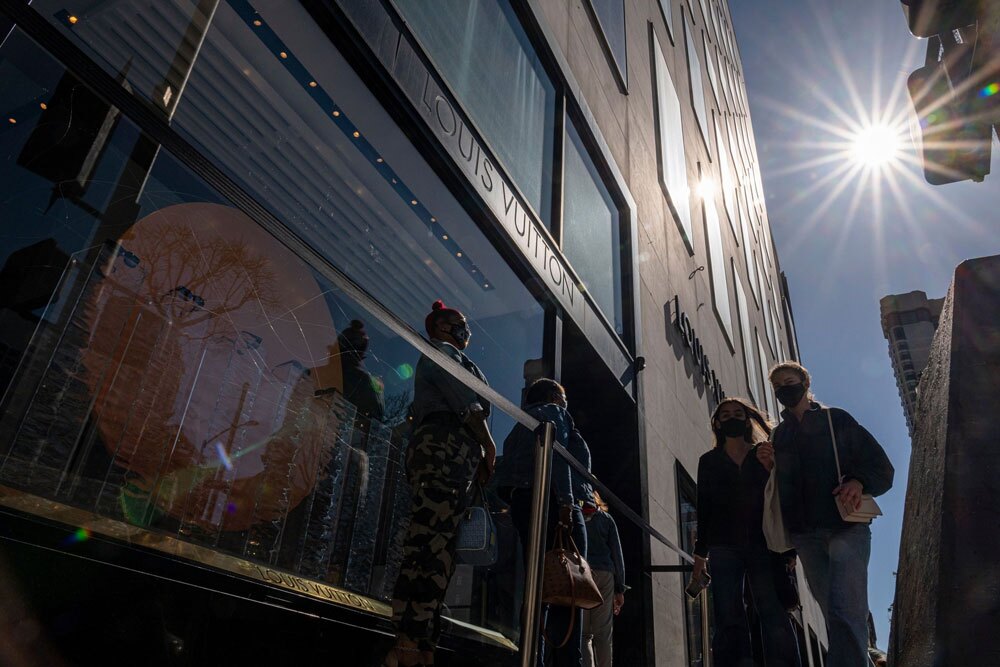Nearly three-quarters of fund managers believe inflation will be short-lived, according to Bank of America’s latest investor survey.
The survey, which was published Tuesday, found that 72 percent respondents view the current state of rising inflation as “transitory.” Still, fund managers don’t believe inflation has peaked yet, with net 64 percent of survey respondents predicting higher inflation in the next 12 months.
The survey, which included 224 participants with a total of $667 billion in assets under management, aggregated responses from June 4 to June 10.
According to BofA, economic expectations among survey participants have peaked. Three-quarters of investors said they expect a stronger economy, a percentage that indicates investors’ “cruising altitude” when it comes to the market, according to David Jones, investment strategist at BofA Securities.
“They are watching rates and inflation carefully, but people, at the moment, think inflation is transitory,” Jones told Institutional Investor. “We are seeing signs of a peak in optimism.”
Jones said the survey responses indicate that the market is evolving from the early part of the cycle into a mid-cycle position. As for expectations for future downturns, 68 percent of respondents think the next recession will occur in 2024 — no earlier.
“We are at this inflection point, and our belief is that [inflation] is going to go higher,” Jones said. “We think that inflation is going to continue to rise and be more persistent than people think it is.”
Investors Buy Back Into Tech Stocks
The survey also documented trends in allocation. The technology sector saw the greatest uptick in exposure, moving from 11 percent to 22 percent month over month. Jones said the bulk of this trend is “frictional.”
“People love technology; investors love technology,” Jones said. “So whenever there’s a reallocation, it’s not unusual to see technology bump up.”
There are two major factors driving the demand for tech: working from home and the relationship between technology and interest rates, Jones said. Tech companies have high growth rates, so the valuation of stocks becomes correlated with longer duration, he said.
“When you see long rates come down, that’s usually very positive for technology,” Jones said. “In fact, we did see the technology allocation increase during this period, when rates stabilized and even fell. So that all makes sense to us. We do think that rates are going to go back up again later in the year, and that should be a headwind for technology.”
Still, respondents flagged inflation as the biggest tail risk in June. They also said long commodities, long bitcoin, and long tech stocks were the most crowded trades.







